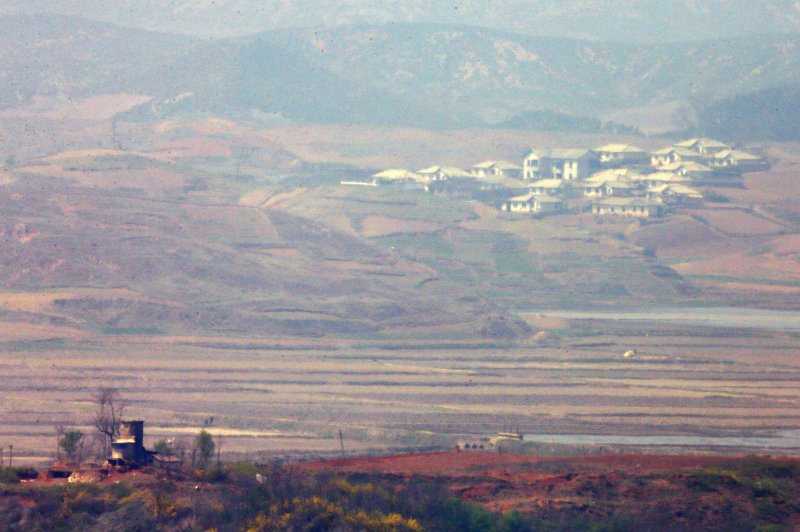WASHINGTON, May 30 (UPI) -- North Korea's attempt to fire a ballistic missile off its east coast failed Tuesday, sending a wave of relief to South Korea and Japan, which were on alert over the launch, according to reports.
"North Korea attempted to launch an unidentified missile from the region near Wonsan at around 5:20 a.m., but it is presumed to have been unsuccessful," South Korea's Joint Chiefs of Staff said, according to the Yonhap News Agency.















